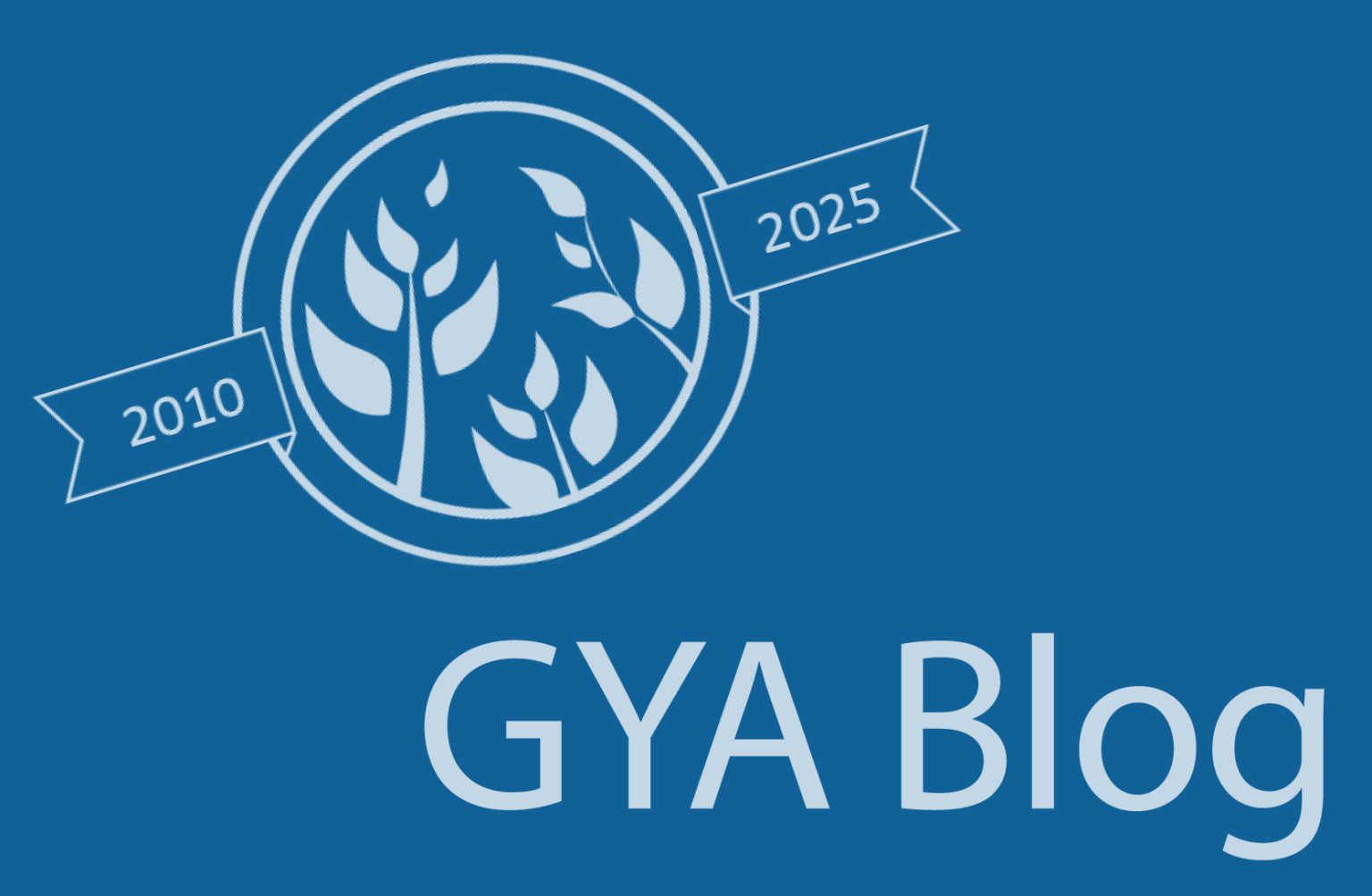In September 2025 I had the privilege of participating in the Science 20 (S20) Young Scientists Meeting, representing the South African Young Academy of Science (SAYAS) and the GYA. The gathering brought together early- and mid-career researchers (EMCRs) from across the globe, with colleagues from Brazil, and the United States (as the previous and next holders of the G20), and beyond, to reflect on three themes that touch all our lives: climate change, well-being, and social transformation.
What struck me most was the energy in the room. We were not only sharing research, but also experiences of what it means to be a young scientist today. Many of us are working at the intersection of science and society – where data meets real lives, and where solutions must account for equity, sustainability, and inclusion.
The conversations reminded me why collaboration matters so deeply. Science alone cannot solve climate change, or redesign food systems, or create healthier societies. But science, when coupled with diplomacy, dialogue, and partnerships, becomes transformative. It gives us the tools not only to understand problems, but to shape the systems that deliver solutions.
I left the meeting both inspired and challenged. Inspired by the creativity and commitment of young researchers who are already driving innovation in their fields. Challenged by the reminder that progress is uneven, and that our voices are needed to keep pushing for policies and practices that reflect the urgency of our times.
For me, the biggest takeaway is this: the future of science will be defined not just by what we discover, but by how we work together.
I’m grateful to SAYAS and the GYA, to my fellow participants from Brazil and the USA, and to all the young scientists around the world who continue to show that collaboration is our greatest opportunity.
Here’s to building bridges – across disciplines, countries, and communities – so that our science truly serves the people and the planet.

